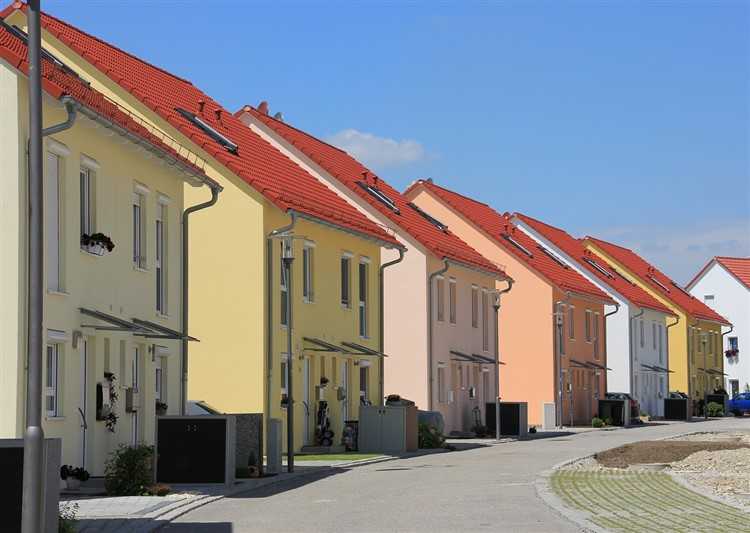
The recent announcement of the New South Wales government mandating housing affordability targets of 15-25% on private land was slammed by industry watchers, who said this could put supply in danger.
In a statement, Urban Taskforce CEO Chris Johnson said the new policy adds an excessive tax to housing supply and makes projects economically unviable in the current market climate.
"The current housing supply market is slowing down through restrictions on lending from banks and from the uncertain climate of potential levies from councils. To add another tax will have a very negative impact on the number of new homes that will be built in future years," Johnson said.
According to the mandate, every residential development planned for state-owned land would have to allot 25% of its planned dwellings to affordable housing. For private land rezoned for development, 15% should be designated for affordable homes.
Johnson added that the removal of the cap on local infrastructure levies could add around $40,000 to the cost of an average home.
"On top of this, councils like the City of Parramatta are proposing to apply excessive value capture taxes on all development," he said.
Citing a report on housing affordability by former Reserve Bank of Australia governor Glenn Stevens, Johnson said the planning system in NSW was too slow and complex, and suggested standards that add to housing costs should be reviewed.
"The clear message from the RBA research is that interference in the marketplace by government and council regulations will increase the cost of housing. Those well-meaning politicians and community housing providers who believe the developers of new housing can give away a significant percentage of their new homes must understand how the economics of the complex supply system works," he said.
"The banks will not fund the 15-25% proportion that Labor wants to give away,” Johnson added, “and developers will find it very difficult to make a project viable without some incentive.”
Related Stories:
Tasmania to commence second stage of affordable housing strategy
Why Australia's affordable housing framework is inadequate
Collections: Mortgage News



Share